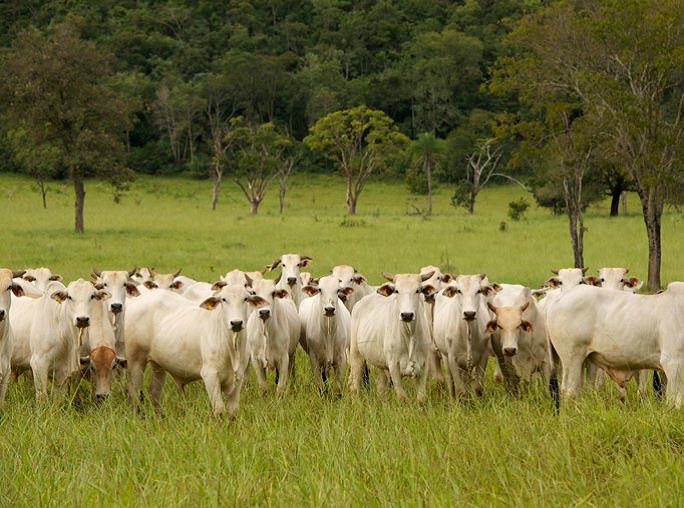Sacrificing South America’s forests on the altar of EU market access

Fern | 12 October 2017
Sacrificing South America’s forests on the altar of EU market access
The first trade talks between the European Union and the Mercosur bloc of nations - Brazil, Argentina, Paraguay and Uruguay – began almost 20 years ago. Since then they have stuttered through 28 rounds of negotiations, but this year it looks as if an agreement will finally be reached.
A critical issue remains unresolved, however: the amount of beef the South American nations can import to the EU.
Last week, in the latest round of bilateral talks currently taking place in Brasilia, the EU tabled an offer to increase the amount of beef imports from the Mercosur nations to 70,000 tonnes. But for the South American negotiators, this is still apparently not enough.
It’s an issue that has the potential not just to radically alter the EU agricultural landscape - with European farmers’ unions arguing that it will have a “devastating impact” on rural jobs and EU food standards – but the EU’s efforts to lead the world in the fight against deforestation and climate change.
The Mercosur countries are already the biggest exporters of beef to the EU, with up to 86 per cent of imports coming from these countries. But under the new free trade deal this would increase sharply.
Whether the EU’s offer is accepted or they make a further concession, the upshot is that the forests of Latin America will be sacrificed on the altar of EU market access.
Cattle ranching is the biggest driver of deforestation in South America: a fact which – along with its disastrous consequences - has been thoroughly documented, from Greenpeace’s Slaughtering the Amazon 2009 report, to numerous academic studies.
Brazil’s rise to become the world’s largest exporter of beef – a position it is set to maintain, according to the latest OECD-FAO Agricultural Outlook - has come at the expense of the Amazon, the earth’s biggest rainforest. And this has been driven, to a large degree, to meet the needs of a voracious EU market.
In 2013, a study commissioned by the EU found that the EU has been the world’s largest driver of tropical deforestation. Between 1990 and 2008, 53 per cent of global deforestation was due to agricultural expansion, and the EU as a whole was the largest single destination for these crops and livestock.
In 2015, Fern went a step further, revealing in our Stolen Goods report, that the EU is also one of the largest importers of products resulting from illegal deforestation. In one year (2012) the EU imported roughly a quarter of all the internationally traded agricultural products that had been grown on illegally cleared tropical forest land – and beef from Latin America was one of the prime products.
So by making this concession on beef, the EU is putting trade and consumption above its commitments to halt deforestation.
The protections to forests outlined in the draft Free Trade Agreement texts are nowhere near specific enough and provide no effective enforcement mechanisms.
In 2015, the UK, Netherlands, Germany, France and Denmark signed the Amsterdam Declaration reaffirming their commitment to eliminate deforestation from agricultural commodity supply chains by 2020, as agreed in the 2014 UN New York Declaration on Forests.
This deal flies in the face of these commitments and will do nothing to achieve it. Until it complies with them, it must be vigorously opposed.





